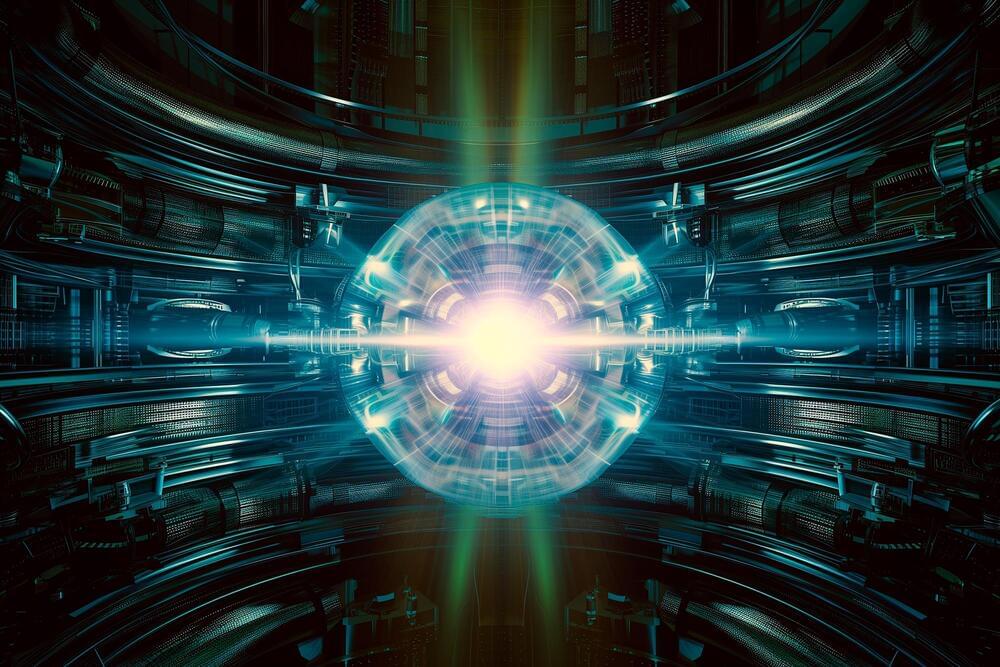Advancements in nuclear physics may soon enable the creation of stable, superheavy nuclei, paving the way for new materials and insights into atomic stability.
A team of scientists has made significant advancements in the quest to create new, long-lasting superheavy nuclei. These double magic nuclei, which have a precise number of protons and neutrons that form a highly stable configuration, are exceptionally resistant to decay. Their research could deepen our understanding of the forces that bind atoms and pave the way for the development of new materials with unique properties. This work brings us a step closer to the so-called “Island of Stability,” a theoretical region in the nuclei chart where it’s believed some nuclei could exist far longer than those created so far.
The study, led by Professor Feng-Shou Zhang, has predicted promising reactions between different elements that could be used in experiments to create double magic nuclei. One key discovery involves a reaction between a special type of radioactive calcium isotope and a plutonium target, which could produce the predicted double magic nuclei 298 Fl. Another potential double magic nuclei, 304 120, could be created by combining vanadium and berkelium, although this reaction is currently less likely to succeed.









Leave a reply